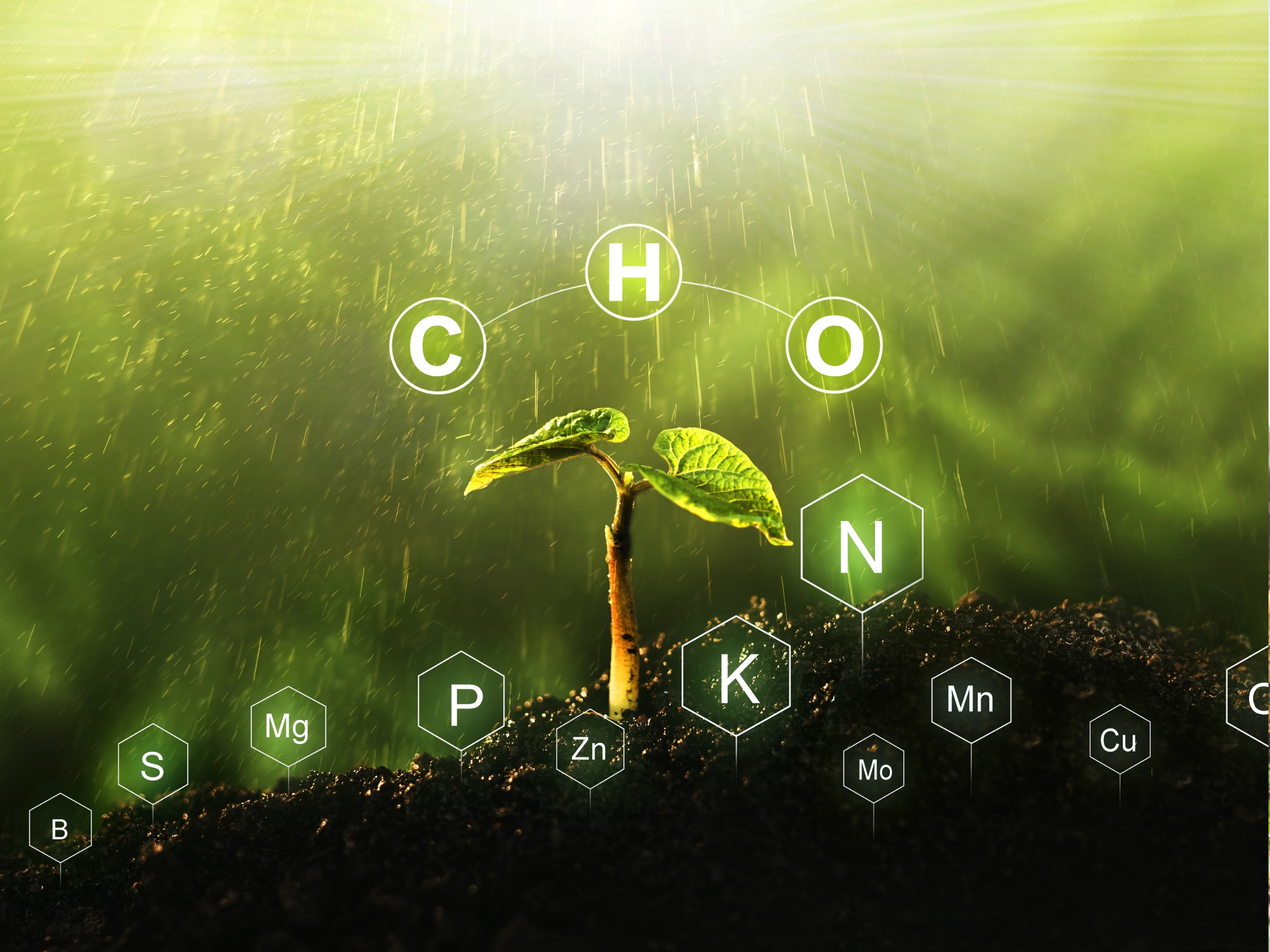Previously I wrote about vitamins; it was essential to acknowledge their importance to the human body as they are part of a distinguished category of micronutrients. Now it’s time to explore minerals, another micronutrient the body requires in small amounts. Minerals are inorganic substances that naturally occur and are formed within the earth from non-living elements.
Observing the food chain, we can see how minerals located within the soil, water, and rocks made their way into our diet. From the soil of the environment, they can be absorbed by plants known as producers. Producers can be eaten by humans directly or indirectly through the consumption of an animal that eats plants. This shows how minerals can travel up the food chain.
Minerals are available in macro and micro form. Macrominerals essential to the body are phosphorus, calcium, magnesium, sodium, potassium, chloride, and sulfur, while microminerals are iron, manganese, copper, chromium, iodine, zinc, selenium, and molybdenum. These are listed among others. Moreover, to get the best quality and quantity of minerals, it is imperative to do two things:
1). Protect the earth – The environment hosts and supplies the essential nutrients we need to stay healthy. The least we can do is practice ethical and healthy environmental behaviours to ensure our minerals aren’t transported within foods vulnerable to bioaccumulation. Protecting the environment provides opportunities for our food to get nutrients from a rich soil source filled with diverse minerals.
2). Connect to the earth – To connect with the earth, we can eat foods from the earth. Eating foods from the earth allows us to obtain minerals from the environment as a primary source. These minerals are essential to provide structure and assist the body in carrying out a plethora of functions.
Join the journey and make steps of wellness today!
Rico

